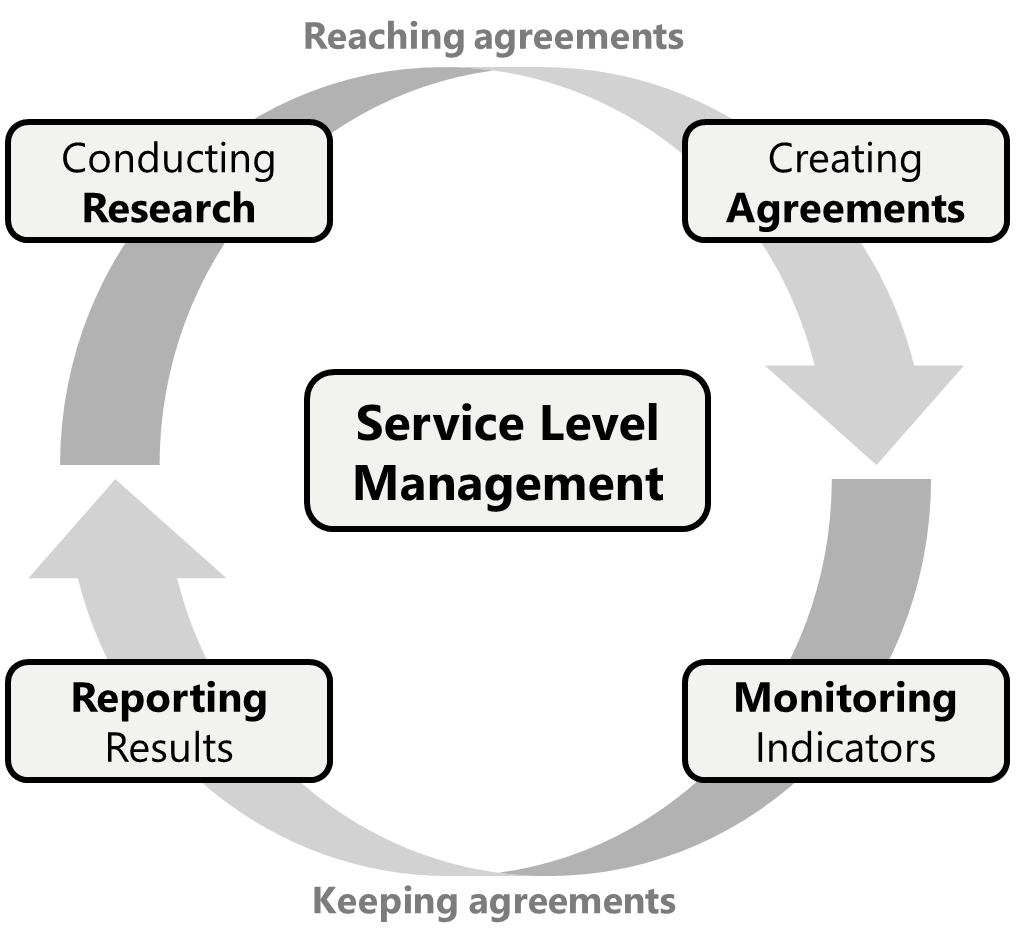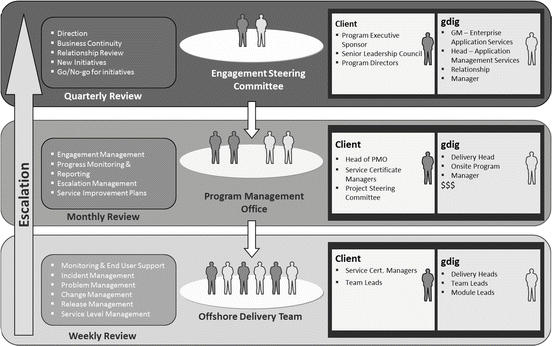
29sixservices
اضافة الى المراجعة تابعملخص
-
تاريخ التأسيس 25 أكتوبر، 1961
-
المجالات الوظيفية وظائف القطاع الحكومي
-
الوظائف المنشورة 0
-
شاهد 70
وصف الشركة
Understanding Legal and Compliance Aspects in Your Outsourcing Journey
This short article is a submission by Managed Services Partners. Managed Services Partners is an outsourcing company with over six years of experience helping services enhance operations and drive growth.
Embarking on the contracting out journey is an undertaking that lots of organizations carry out to enhance efficiencies, lower expenses, and leverage specialized skill.
However, together with these possible advantages come a host of legal and compliance complexities that need to be carefully browsed to ensure the success and sustainability of outsourcing initiatives.
This extensive guide will check out essential legal and compliance factors to consider, with a focus on data personal privacy laws, non-disclosure agreements (NDAs), non-compete clauses, and the crucial function of versatility in today’s dynamic company environment.
The contracting out landscape
Outsourcing is more than a technique for offloading non-core tasks; it is a transformative technique that can boost a business’s versatility and competitiveness.
Whether it’s IT services, customer support, producing processes, or personnels, outsourcing can provide a considerable edge. Companies that effectively outsource can concentrate on core service operations, drive innovation, and access top skill without the overhead costs of full-time work.
However, this journey is not without its legal and compliance challenges. Companies must bear in mind the complexities surrounding the transfer and management of data, the protection of intellectual residential or commercial property (IP), and the upkeep of regulative compliance.
Given the international nature of outsourcing, organizations need to also consider cross-border legal implications, which may differ substantially depending on the nation where the outsourcing service provider runs.
Understanding these aspects is essential in making sure that contracting out collaborations align with a company’s tactical goals while mitigating potential legal dangers.
In numerous cases, companies that neglect legal and compliance considerations face expensive disagreements, loss of delicate data, or reputational damage that can take years to recover from.
Importance of legal factors to consider
Outsourcing inherently includes legal considerations that are essential to protecting a business’s interests. At the leading edge is the requirement to protect delicate info. Companies need to comprehend and stick to information privacy laws that govern the jurisdictions in which they operate.
This is specifically critical as data breaches can result in extreme financial penalties and reputational damage.
Furthermore, intellectual property rights need to be plainly defined in outsourcing contracts to avoid unauthorized usage or misappropriation of exclusive assets. If these rights are not properly established, a service might lose control over important innovations or confidential service processes.
For companies operating in extremely regulated industries such as healthcare, finance, or legal services, compliance requirements are a lot more stringent.
Abiding by policies such as the General Data Protection Regulation (GDPR) in Europe or the Health Insurance Portability and Accountability Act (HIPAA) in the United States is important to preventing legal issues.
Non-Disclosure Agreements (NDAs) and non-compete provisions
When outsourcing, business often share proprietary info with external company.
To protect this important details, NDAs are employed. These agreements are designed to avoid the unauthorized dissemination of secret information, therefore protecting the company’s competitive benefit.
NDAs should be detailed and legally binding, clearly describing what constitutes secret information and the obligations of both parties in dealing with sensitive data. Businesses need to also ensure that their NDAs consist of provisions for legal recourse in case of breaches.
Similarly, non-compete clauses can be included to avoid company from exploiting delicate knowledge acquired throughout the outsourcing partnership to benefit a competitor. This is particularly important when outsourcing freelancers or companies that might have several customers in the same industry.
However, the enforceability of non-compete clauses can differ significantly depending upon the jurisdiction. Some areas have rigorous guidelines restricting the scope and duration of such stipulations.
Therefore, it’s essential for business to seek advice from legal specialists with experience in the appropriate legal frameworks to draft reliable agreements.
Contracts: Setting the structure
Contracts work as the blueprint for the outsourcing collaboration, specifying functions, obligations, deliverables, and timelines. They also lay out the legal and compliance expectations for both parties.
A well-structured contract should attend to a number of crucial elements:
Scope of work: Clear and detailed descriptions of the services to be provided, consisting of quality requirements and performance metrics.
Data security: Specific provisions associated with data defense, data transfer procedures, and breach notice protocols to ensure adherence to personal privacy laws.
Copyright rights: Provisions that develop ownership of IP developed throughout the collaboration, and terms that secure pre-existing IP.
Termination provisions: Terms that resolve the possible end of the outsourcing relationship, periods and conditions under which termination can occur without penalty.
Additionally, companies ought to think about carrying out service-level arrangements (SLAs) to guarantee accountability and performance tracking. SLAs specify measurable standards that the outsourcing service provider should meet, supplying services with option if expectations are not fulfilled.
Engaging with service providers
Consulting with potential company during the early phases of the contracting out journey is a strategic relocation. This engagement allows business to gauge the supplier’s capability to fulfill legal and compliance requirements.
Thorough vetting processes, such as requesting recommendations, evaluating previous tasks, and evaluating compliance certifications, can provide valuable insights into the provider’s reliability and adherence to industry standards.
Businesses should also evaluate the financial stability of potential outsourcing partners.
A service provider that deals with monetary obstacles might not be able to preserve operations long-term, presenting a danger to ongoing tasks. Conducting due diligence ahead of time can prevent future disturbances.
The function of flexibility in legal and compliance techniques
Adaptability is an important component of successful outsourcing, especially when it pertains to browsing developing legal landscapes. Regulations and market conditions can alter quickly, making it vital for business to remain nimble.
Building flexibility into contracts and developing processes for continuous compliance tracking can help companies adjust to new legal requirements and keep a competitive edge.
For example, if a business is outsourcing consumer support operations to numerous nations, they need to ensure compliance with various nationwide laws relating to consumer security and information privacy.
Regularly upgrading policies and contracts in action to legislative changes can avoid legal pitfalls.
Real-world factors to consider and best practices
To ensure legal and compliance success in outsourcing, services must adopt the following finest practices:
Regular audits and evaluations
Conduct regular audits and assessments to guarantee that company stay compliant with legal and regulative requirements. This proactive approach can help recognize potential gaps before they intensify into substantial problems.
Training and awareness
Educate staff members and outsourced teams on information security practices and legal obligations. This guarantees that everyone involved in the outsourcing journey comprehends the value of compliance and the role they play in securing details.
Collaboration and interaction
Foster a collective relationship with service companies. Open lines of interaction can help deal with compliance issues without delay and facilitate joint problem-solving efforts.
Crisis management preparation
Have contingency strategies in place in case of security breaches, contract disagreements, or provider failures. A well-structured crisis management strategy makes sure that businesses can quickly react to challenges without substantial interruptions.
Legal compliance for contracting out success
Understanding the legal and compliance aspects of outsourcing is vital for companies wanting to utilize external capabilities while protecting their interests. By concentrating on essential areas such as information personal privacy, NDAs, non-compete stipulations, copyright rights, and flexibility, companies can successfully browse the outsourcing landscape.
Successful contracting out hinges on a collective technique between the business and its provider. Building trust and keeping transparent interaction can lead to efficient analytical and a shared dedication to compliance.




%20and%20workforce%20engagement%20management%20(WEM).webp?widthu003d1200u0026heightu003d1814u0026nameu003dWhat%20is%20the%20difference%20between%20workforce%20management%20(WFM)%20and%20workforce%20engagement%20management%20(WEM).webp)


